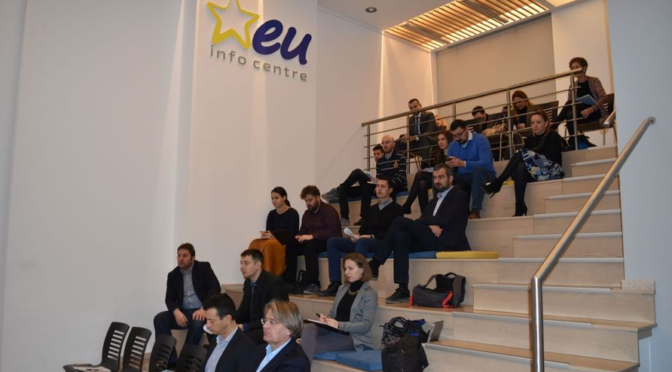The existence of undeclared work, hidden economy and corruption have been identified by the European Commission and other international and local agencies as a major barrier to enabling embedded economic prosperity in SEE.
In a recent study, the SELDI initiative and University of Sheffield Management School uncovered that hidden economy in SEE remains wide-spread; it perpetuates informality, which is linked to corruption, and denotes a substantial gap between formal and informal institutions.
This gap is due both to underdeveloped formal market institutions, and also to the lack of coherent enforcement of rules, often related to corruption.
The sustained high-levels of the hidden economy in SEE, low trust in public institutions and, in some cases, ambiguous national identity, has resulted in changes in tax morale and lower revenues for governments.
These were the key conclusions from the policy round table held by the SELDI initiative, Sheffield University Management School, UK, and the Center for Liberal-Democratic Studies (CLDS), Serbia on 13 December 2016 in Belgrade.
More about at:Â goo.gl/5bLjz4


